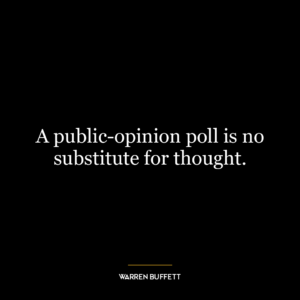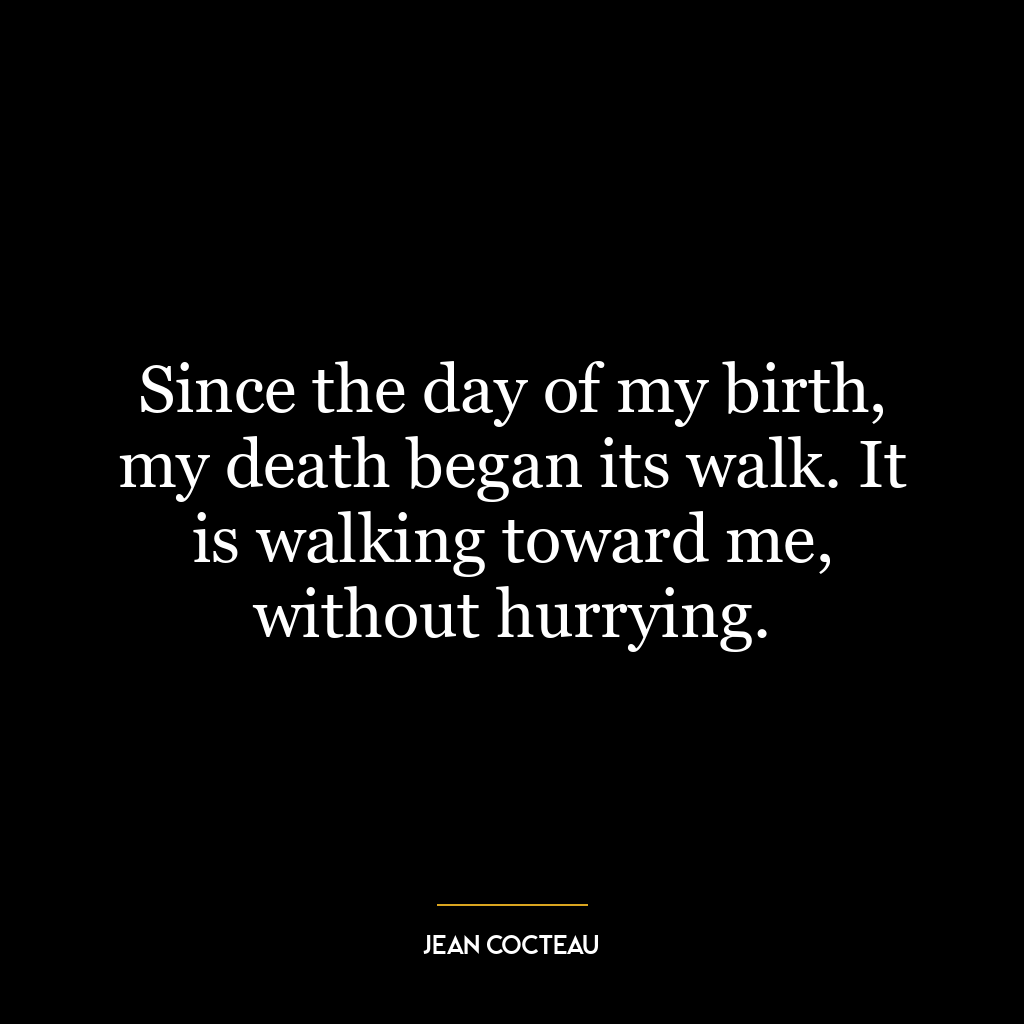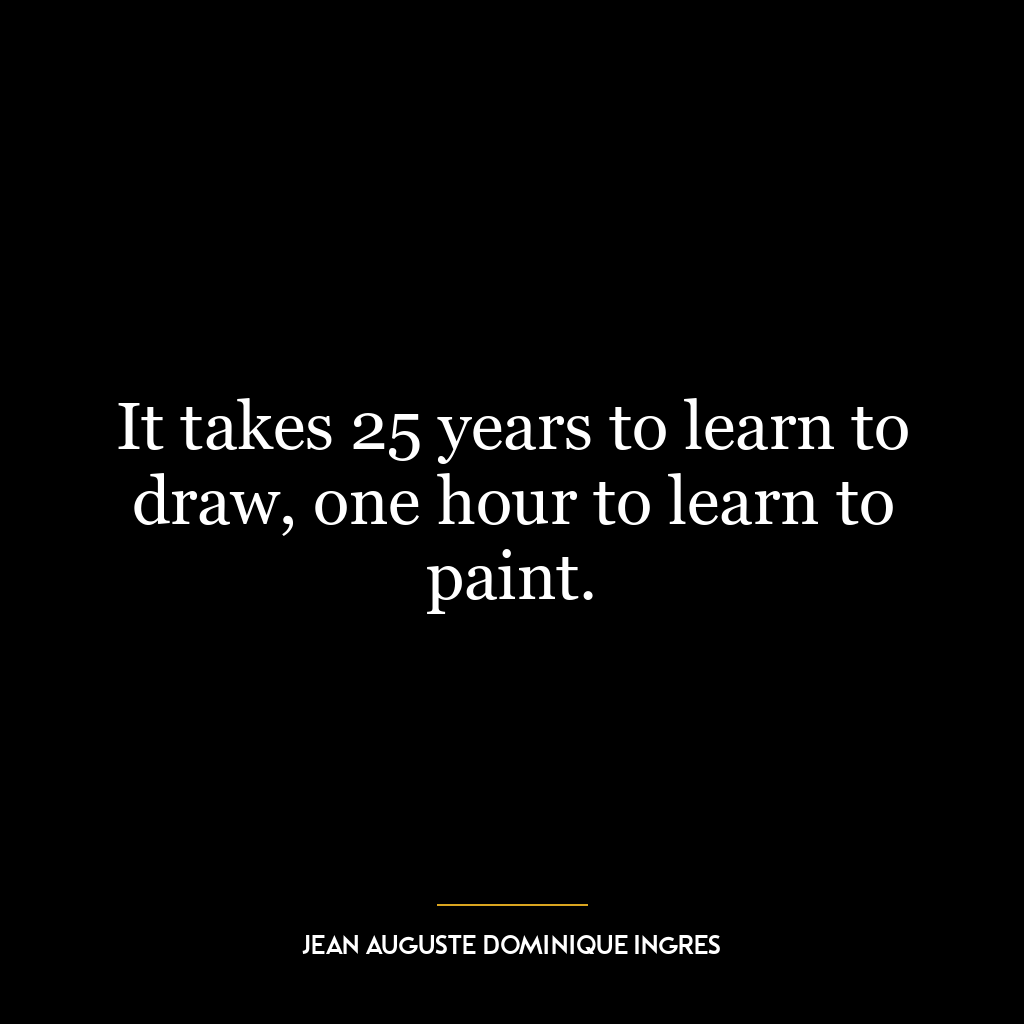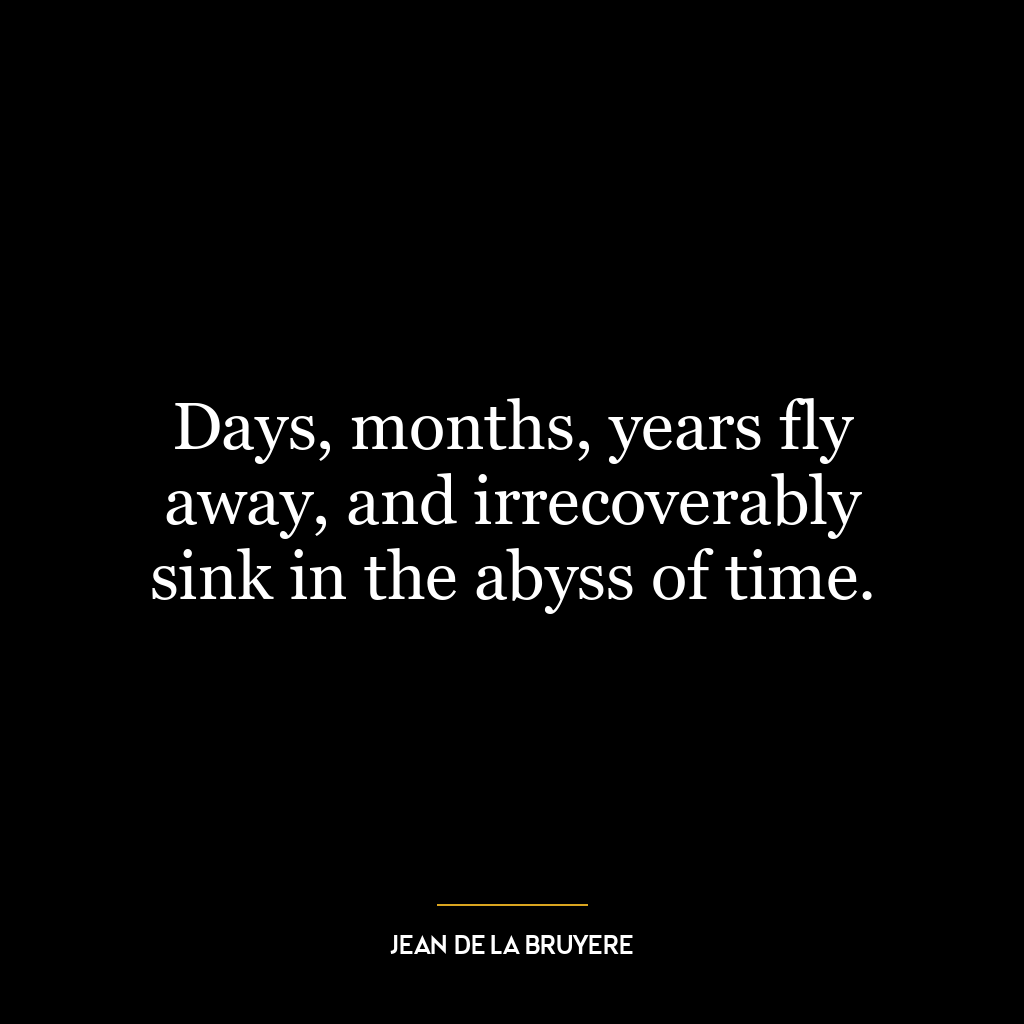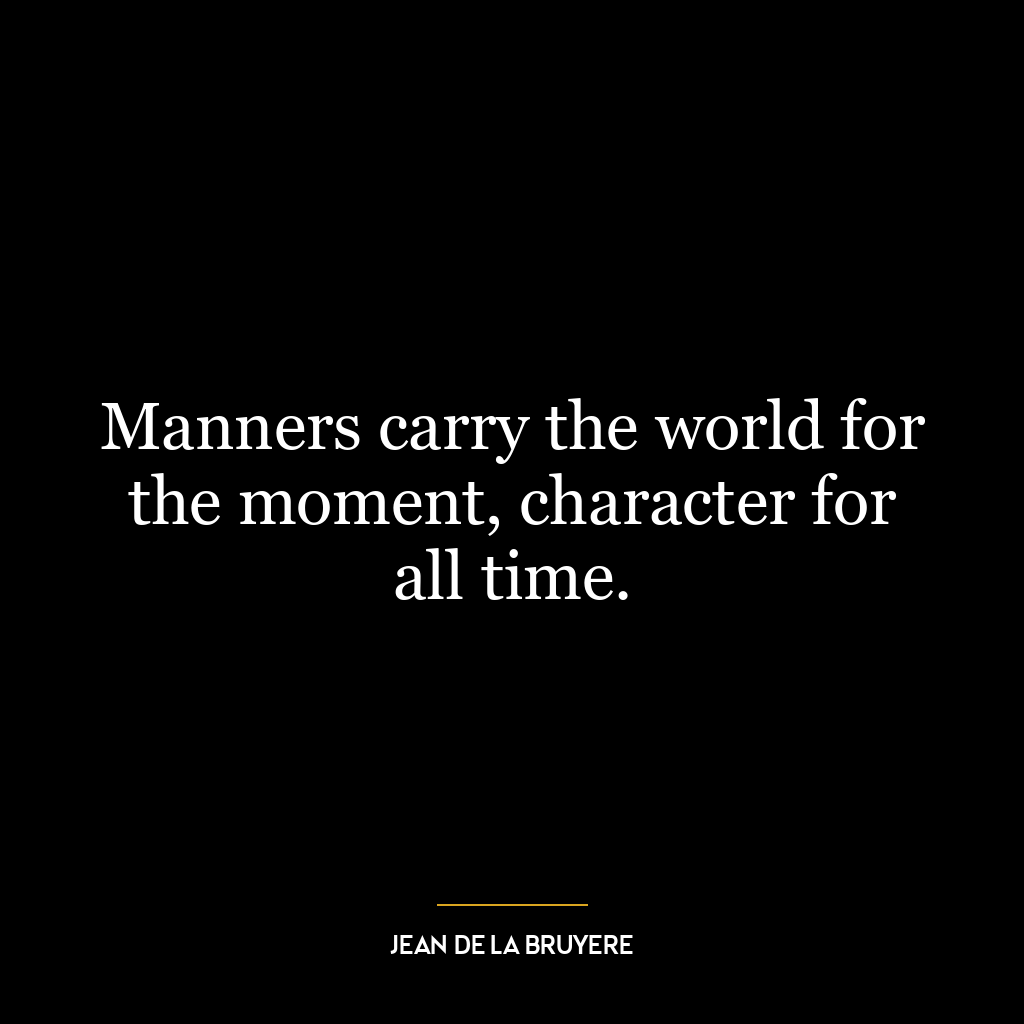This quote essentially implies that the rich prioritize their time more than their money. They understand that time, unlike money, is a non-renewable resource. Once spent, it cannot be regained. Therefore, they invest in things that can save them time or make their time more efficient, such as hiring help, delegating tasks, or automating processes. They value their time and use it to create more wealth rather than trying to save money.
On the other hand, the quote suggests that the poor focus more on saving or accumulating money. They often exchange their time for money, working long hours to earn more. They may overlook opportunities to invest in ways that could save them time in the long run because they are more focused on the immediate financial cost.
Applying this concept in today’s world or personal development, it suggests that we should value and manage our time wisely. It’s about understanding the concept of opportunity cost – the potential gain from other alternatives when one alternative is chosen. If we spend our time to save money, we might miss opportunities to earn more or enjoy life.
For instance, if you spend several hours doing a task that you could pay someone else to do for a small amount, and during those hours you could have been doing something that either makes you more money or enriches your life in some other way, you’ve not spent your time wisely.
This quote encourages us to think about how we can make the best use of our time. It’s not just about being busy, but being productive. It’s about investing in knowledge, skills, and experiences that can help us grow and achieve our goals. It’s about prioritizing tasks that align with our values and long-term goals, and delegating or eliminating tasks that don’t. This way, we can create more value and wealth in the long term.



